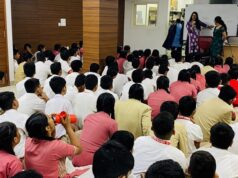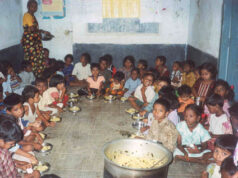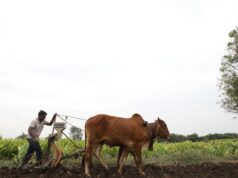There is wide consensus the world over that more the input from the end user/ consumer go into making of the product/ service, better the quality and utility derived from it. That is the reason why you are lured into filling up numerous surveys asking whether your burger tastes better with loud music to go with it.
However, government is one producer who, to this day trusts the instincts of its planners and other ‘experts’ to cater to the demands of its consumers whose needs are unfathomable to these officials. “What does the consumer want” might be the defining question in a marketing department. Not in a babu’s life. Well, to be fair, he has no incentive to care.
Decision-making even in essential services like healthcare and education takes place at the centre largely and are enforced on hapless consumers across the country who lives in diverse conditions and hence has diverse preferences.
Here is a quantitative estimate of what percentage of decision-making in education happens at which levels. India has 38% of the decisions made at the national level, another 38% at the state level, 10% at the district level and 14% at the local level. UK and USA have more than 50% of the decisions made at the district and local levels.
Post Disclaimer
The opinions expressed in this essay are those of the authors. They do not purport to reflect the opinions or views of CCS.





